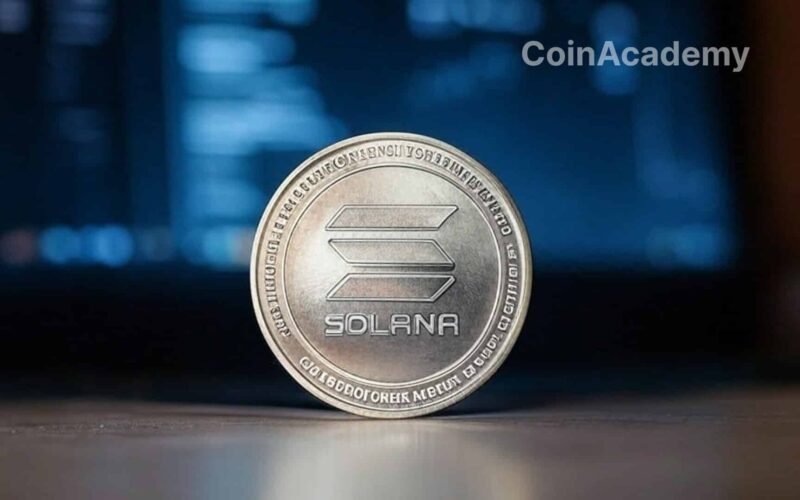Controversial Proposal Seeks to Drastically Reduce SOL Inflation on Solana
The proposal SIMD-0228, aiming to dramatically reduce SOL inflation, is sparking intense debate within the Solana community. If adopted, the token’s inflation would decrease from 4.5% to approximately 0.87% at the current staking rate, resulting in an 80% reduction.
An abrupt change like this could strengthen the value of SOL by limiting new supply and making staking less dilutive. However, the proposal has not yet convinced the majority of validators, with only 37.8% voting in favor, while 19% oppose it and 1.2% abstained.
Awaiting a Vote with Fragile Support
According to data from Dune Analytics, 751 validators – nearly 58% of the 1,334 active validators – participated in the vote. However, the low approval rate suggests that the proposal is likely to fail before the end of the scheduled epoch 755 vote in a few hours. The lack of mobilization and division among votes reflect the uncertainty surrounding this structural reform.
A New Approach to SOL Emissions
The main objective of SIMD-0228 is to introduce a market-based token emission mechanism to avoid over-rewarding network security. According to Logan Jastremski, co-founder of Frictionless Capital, Solana’s dynamics have radically changed since 2023. Back then, on-chain volumes struggled to exceed $100 million per day, while today, the ecosystem records daily volumes in the billions. He believes this warrants a reduction in the inflation rate to align with the network’s new economic reality.
There has been considerable discussion surrounding SIMD-228.
On January 5, 2023, Frictionless published our article, Fighting the FUD for Solana, at a time when Solana’s price was just $13 and the ecosystem faced widespread criticism following the FTX collapse.
A central focus…
Major Impact on Valuation and Decentralization
A massive inflation reduction would have direct implications for the market. Tagus Capital anticipates that this reform would have a bullish effect on the price of SOL due to the decrease in new supply and staking rewards. However, this adjustment could have concerning side effects. The reduction in rewards may weaken smaller validators, thereby endangering Solana’s network decentralization.
While the SIMD-0228 proposal represents an effort to optimize the protocol’s economics, it also raises concerns about the balance between SOL valuation and the resilience of its infrastructure. As the vote nears its end, the lack of validator support may well determine the fate of this ambitious reform.




